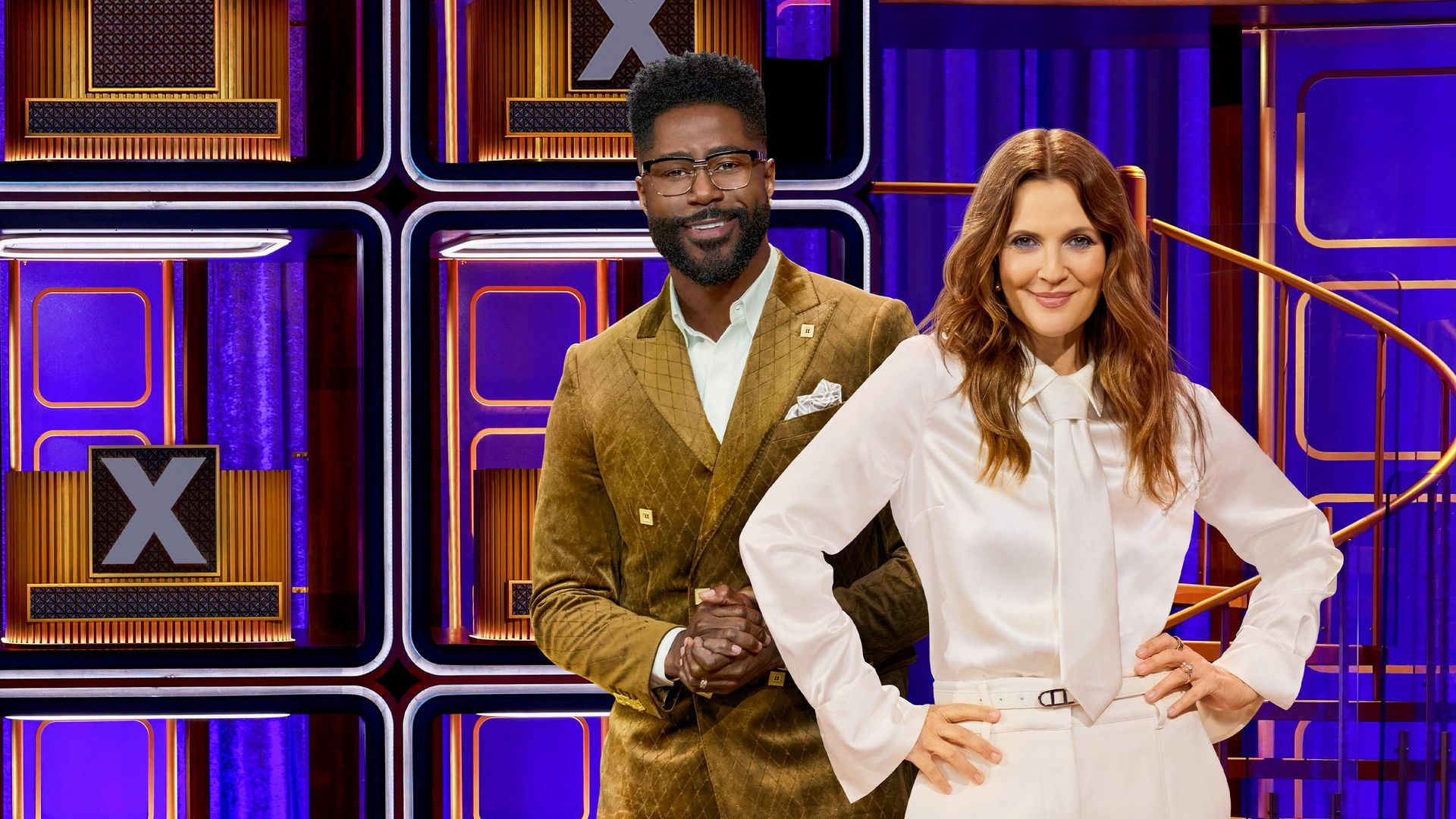-

LIVE TONIGHT 8/7C
Welcome to A Summer of Mystery, a season unlike any other—full of twists, turns and unexpected visitors. The Hotel Mystère is open! -

Catch Up On The Latest Season
The classic game show features two contestants playing tic-tac-toe with hilarious celebrity guests to win money and prizes. -

Catch Up On The Latest Season
Elsbeth, an astute but unconventional attorney, utilizes her unique point of view to corner brilliant criminals alongside the NYPD. -

Catch Up On The Latest Season
A highly trained group of NCIS (Naval Criminal Investigative Service) personnel investigate all crimes with Navy or Marine Corps ties. -

NEW MOVIE NOW STREAMING
Heading to Harvard, Remi (Jenna Ortega) has life mapped out—until she meets Barnes. Watch on Paramount+ Premium.




